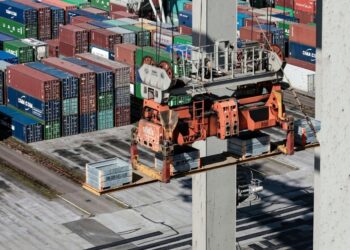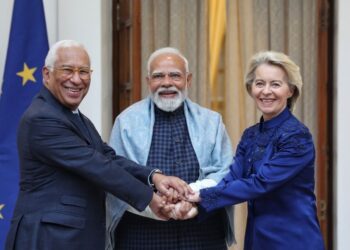Elif Dördüncü AydemirPresident

Areas of expertise
- Political Strategy
- Political Risk Assessment
- Campaign Management
- Team and Network Management in Politics
Education
- PhD, Political Science, University of Paris I: Panthéon-Sorbonne
- Master, Political Sociology, University of Paris I: Panthéon-Sorbonne
- Master, International Relations-Strategy, University of Paris I: Panthéon-Sorbonne
- BA, Political Science and Public Administration,Marmara University
Elif Dördüncü Aydemir is an advisory board member of The George Washington University Graduate School of Political Management. While working and setting winning strategies for over 180 campaigns around the world, she gives importance to academic presence in political science. She loves to work with students to convey her experience and knowledge to younger generations. She continues to work as a lecturer and gives seminars in prestigious universities around the world.
After graduating from Marmara University, Political Science and Public Administration Department, she continued her studies in Paris I Panthéon-Sorbonne University.
Elif Dördüncü Aydemir is an active member of IAPC (International Association of Political Consultants), EAPC (European Association of Political Consultants) and ISPP (International Society of Political Psychology).
She has completed her Master Degrees in International Relations-Strategy and also in Political Sociology from Sorbonne Paris I University where she continued to her PhD studies examining the political discourse of Turkish and Greek nationalisms. She is fluent and provides consultancy in English, French, Spanish and Turkish.
Latest Analyses & Insights on Elif's expertise
-
Tariffs are now hitting margins as consumers reject higher prices
U.S. executives spent much of last year telling investors that tariffs were a nuisance, not a thesis-breaker. Early earnings-season language is now shifting in a more uncomfortable direction: tariffs are showing up in the two places markets care about most, prices and margins, and the consumer is increasingly resistant to paying more.
The dynamic is straightforward. Many retailers and manufacturers buffered the first wave of tariff pressure by front-loading imports, running down inventories purchased under earlier terms, and leaning on suppliers or internal efficiencies to avoid sticker shock.
January 27, 2026 -
Europe’s carmakers get India opening, but mass market stays tough
Europe’s car industry has been hunting for breathing room: U.S. tariffs are squeezing margins on one flank, while China’s brutal price competition is eroding profits on the other. That’s why the EU-India trade deal matters so much politically and commercially.
In headline terms, it promises a steep reduction in India’s import barriers on EU-built vehicles, down toward 10% over time from tariffs that have sat as high as 110%, and that is as close as New Delhi has come in decades to signaling that the world’s third-largest car market is no longer a fortress.
January 27, 2026 -
Brussels and Delhi clinch mega deal, ringfence farms, open autos
India and the European Union have agreed, in political terms, to end one of the world’s longest-running trade negotiations, and to do so explicitly as a hedge against a harsher, more weaponized global trading environment dominated by U.S. tariff shocks.
The agreement announced Tuesday sets out a sweeping tariff liberalization schedule on both sides, keeps the most combustible farm and dairy lines out of scope, and pairs market access with a climate-finance sweetener that underscores how central decarbonization disputes have become to modern trade diplomacy.
January 27, 2026


